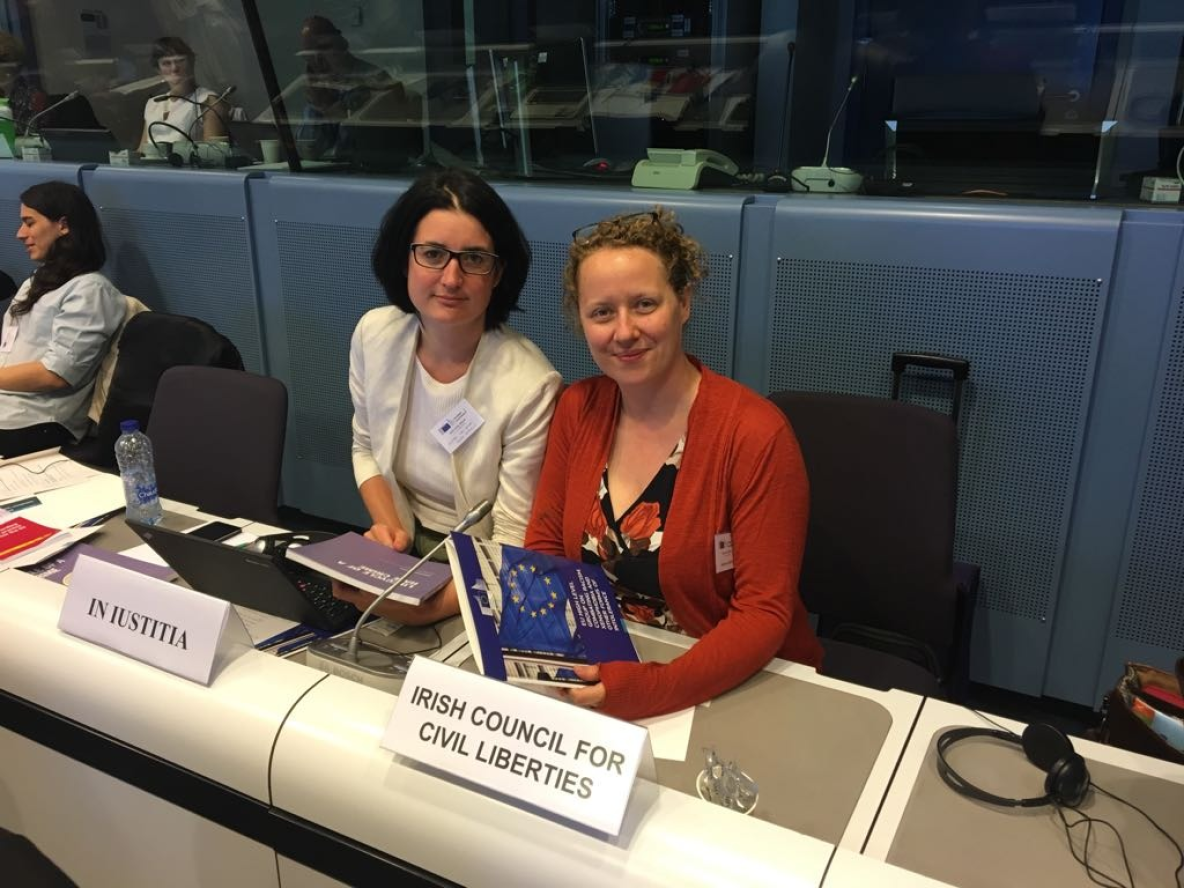
On Thursday last, June 14, Jennifer Schweppe, Senior Lecturer at the School of Law, and co–Director of UL’s Hate and Hostility Research Group (HHRG), was invited to the Fifth meeting of the EU High Level Group (HLG) on combating racism, xenophobia and other forms of intolerance to present the findings of the HHRG’s ‘Lifecycle of a Hate Crime: Comparative Report’. The HLG was set up by the European Commission following recommendations made at the 2015 first Annual Colloquium on Fundamental Rights. The purpose of the HLG is to exchange models of best practice between Member States to help combat hate crime. Along with Member State authorities the High Level Group brings together other key stakeholders involved in countering hate crime including civil society organisations and community representatives, the EU Agency for Fundamental Rights (FRA), the European Parliament, the Council of Europe, the Organisation for Security and Co-operation in Europe (OSCE) and the United Nations High Commissioner for Refugees (UNHCR).
The comparative report, funded by the Rights, Equality and Citizenship Programme of the European Union, is the product of collaborative research lead by the Irish Council for Civil Liberties, along with the HHRG; IN IUSTITIA, Czech Republic; Latvian Centre for Human Rights; Umeå University, Sweden; and the University of Sussex, United Kingdom. The report presents a comparative analysis of the findings from the research in each of the five jurisdictions as set out in the jurisdictional reports for the Czech Republic, England and Wales, Ireland, Latvia and Sweden.
The findings presented to the HLG on combating racism, xenophobia and other forms of intolerance included recommendations at an EU-Level proposing a move to a common definition of hate crime that can be used throughout Europe. The report also proposes the development of an EU-wide Action Plan on hate crime that fosters improved monitoring, more expert justice practitioners and specialist training across institutions, as well as the collection of comparable hate crime data across the EU to ensure that all Member States of the EU are effectively tackling hate crime and supporting the needs of victims.